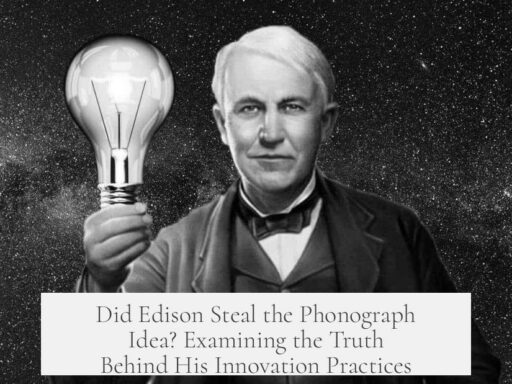The Christmas Truce of 1914 did actually happen but was neither universal nor uniform across the Western Front. It was a spontaneous, informal cessation of hostilities initiated largely by German troops and embraced selectively by British soldiers. The truce varied widely in duration, scope, and participation.
This rare episode of fraternization between enemies stands out amid the brutal conditions of World War I. It primarily took place on the British sectors of the Western Front. French and Belgian units mostly did not join in, nor did armies on the Eastern Front or Serbian forces. Some small units engaged in ceasefires lasting from a few minutes to several days. In many places, fighting continued as usual on December 25 and beyond.
The truce started on Christmas Eve or Christmas morning, often after initial contact by patrols exchanging greetings and small gifts such as food or tobacco. Many accounts report that German troops initiated the truce, sometimes by singing carols. One notable instance happened near Ypres, where both sides sang songs like “Home Sweet Home” and exchanged informal pacts to stop firing for the day.
Half-day ceasefires allowed soldiers to retrieve and bury dead comrades from no man’s land. Some held joint religious services or shared greetings and souvenirs. The truce was a brief moment of humanity in the otherwise relentless and lethal conflict. However, not every sector experienced such camaraderie.
One of the most famous elements—the football matches—occurred only sporadically and are often exaggerated in popular culture. Verified accounts of matches are extremely rare. Historian Martin Gilbert notes that “a football was kicked around,” but solid evidence of organized games is scarce. Most reports describing football matches come from postwar recollections, which may be unreliable.
- Confirmed football activities included a brief informal game between German 133rd Infantry and British 2nd Argyll and Sutherland Highlanders on a frozen field.
- Another report described British 5th Division troops kicking a ball near the lines with German soldiers joining in, but German sources do not confirm this.
- Many British soldiers noted wishing to play football but did not record actual games involving Germans.
Other interactions during the truce were modest but significant. For example, there are stories of Germans giving haircuts to British soldiers, and German troops asking British soldiers to post their letters home. The truce ended abruptly in many areas, with hostilities resuming on December 26 or shortly after.
Opposition to the truce existed at both the officer and soldier levels. Some French units ignored or actively opposed any ceasefire, firing volleys and singing patriotic songs. Adolf Hitler, who fought in the war, reportedly condemned the truce as a betrayal of German honor. Higher military command quickly ordered troops to prevent any future fraternization and resume fighting. General French, the British commander, explicitly banned such conduct after the truce.
The casualty count on Christmas Day was low compared to other days but not zero; 41 British soldiers died on December 25, showing that fighting still occurred in some places despite the unofficial ceasefire.
The Christmas Truce of 1914 is not a myth but a historical fact with many nuances. It was spontaneous, localized, and varied greatly between units and regions. It demonstrated fleeting shared humanity amidst brutal warfare but was not embraced universally or formally endorsed by military command. The widely held image of soldiers across the front playing football together all day on Christmas is an oversimplification. Instead, brief ceasefires, small exchanges, and occasional friendly gestures defined the event.
| Aspect | Details |
|---|---|
| Where | Primarily British sectors on Western Front; limited in French, Belgian sectors; none on Eastern Front |
| How | Spontaneous informal ceasefire; initiated mainly by Germans, often through carolling on Christmas Eve |
| Duration | From 30 minutes to several days in some sectors |
| Activities | Greeting, exchanging gifts, burying dead, joint prayers, rare informal football games |
| Command Reaction | Disapproval, orders to prevent recurrence, resumption of hostilities |
| Opposition | Some French units fired; Hitler opposed; fighting continued in many places |
- The Christmas Truce was a real but limited and localized event.
- It arose spontaneously, mostly in British and German trenches, and lasted briefly.
- Football games are exaggerated in popular culture; only a few credible reports exist.
- Higher commands on both sides disapproved and acted to prevent its return.
- The event highlighted temporary human connection during a brutal war but was far from universal.




